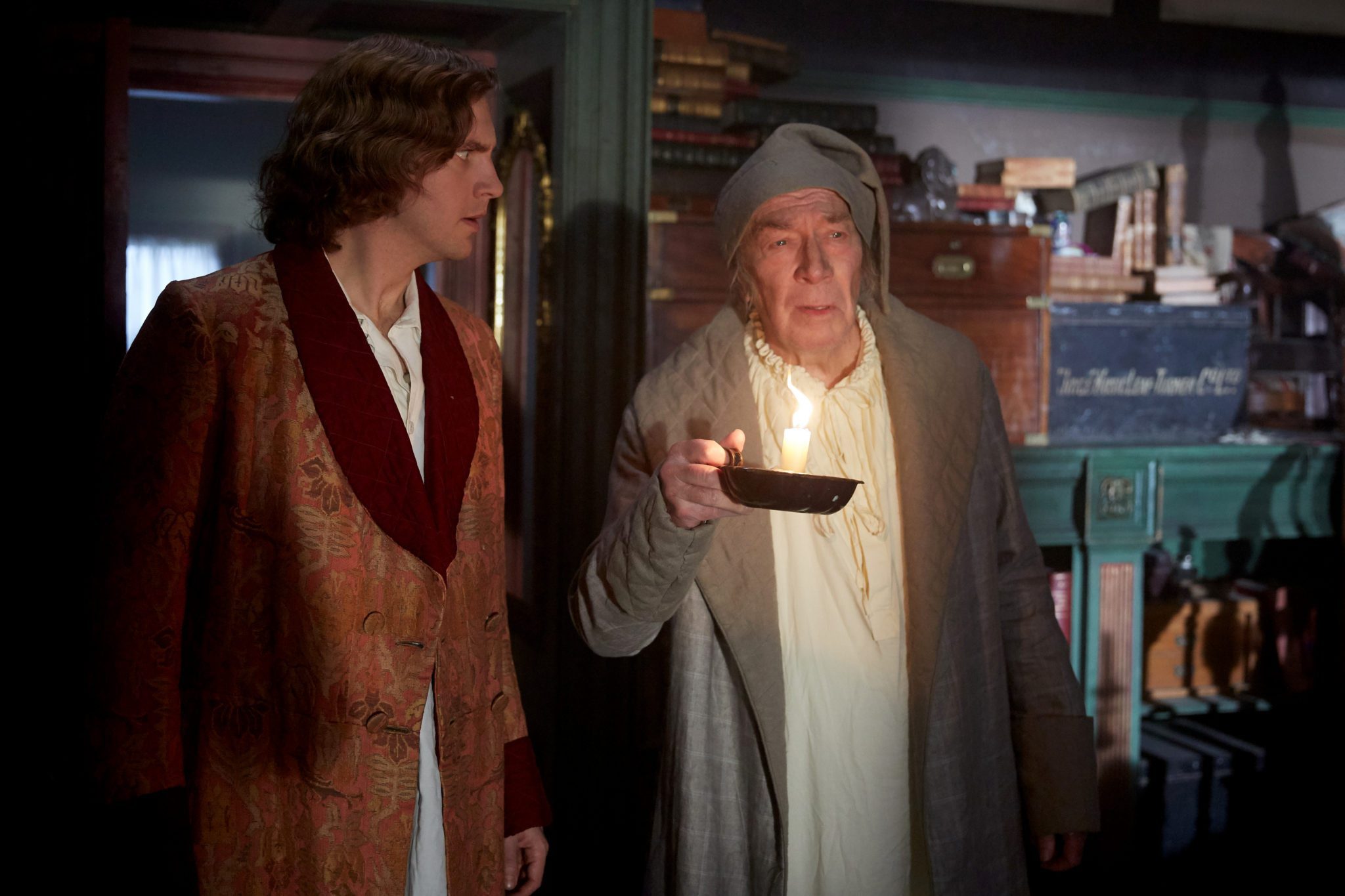
Re-Inventing Christmas: 1on1 with Susan Coyne (screenwriter, THE MAN WHO INVENTED CHRISTMAS)
Where did Christmas really?come from? While this time of year carries with it incredible spiritual significance and is imbued with feelings of compassion towards fellow man and family gatherings, it is an interesting to explore the origins of these traditions. In The Man Who Invented Christmas, screenwriter Susan Coyne explores the story behind the story…

